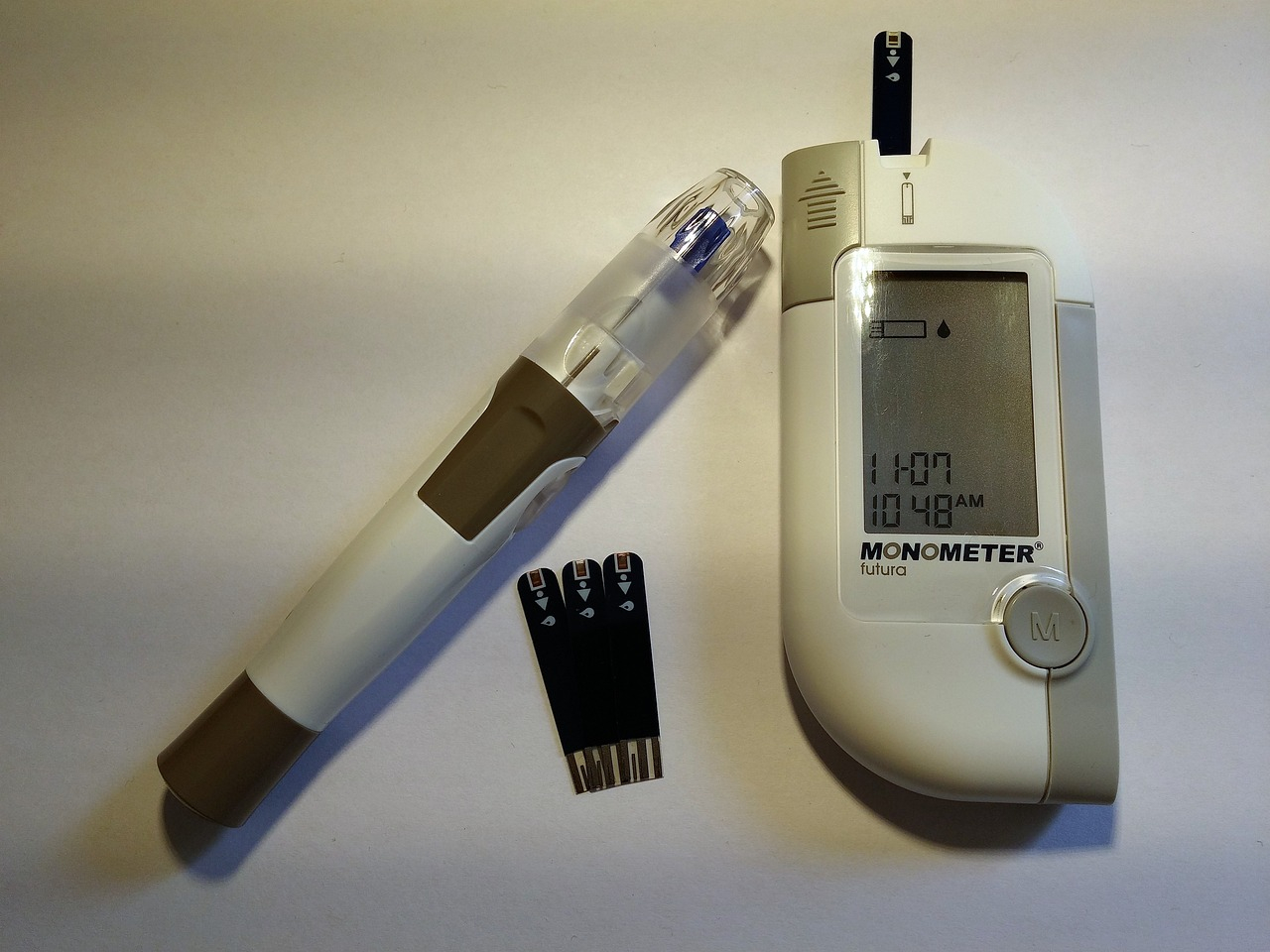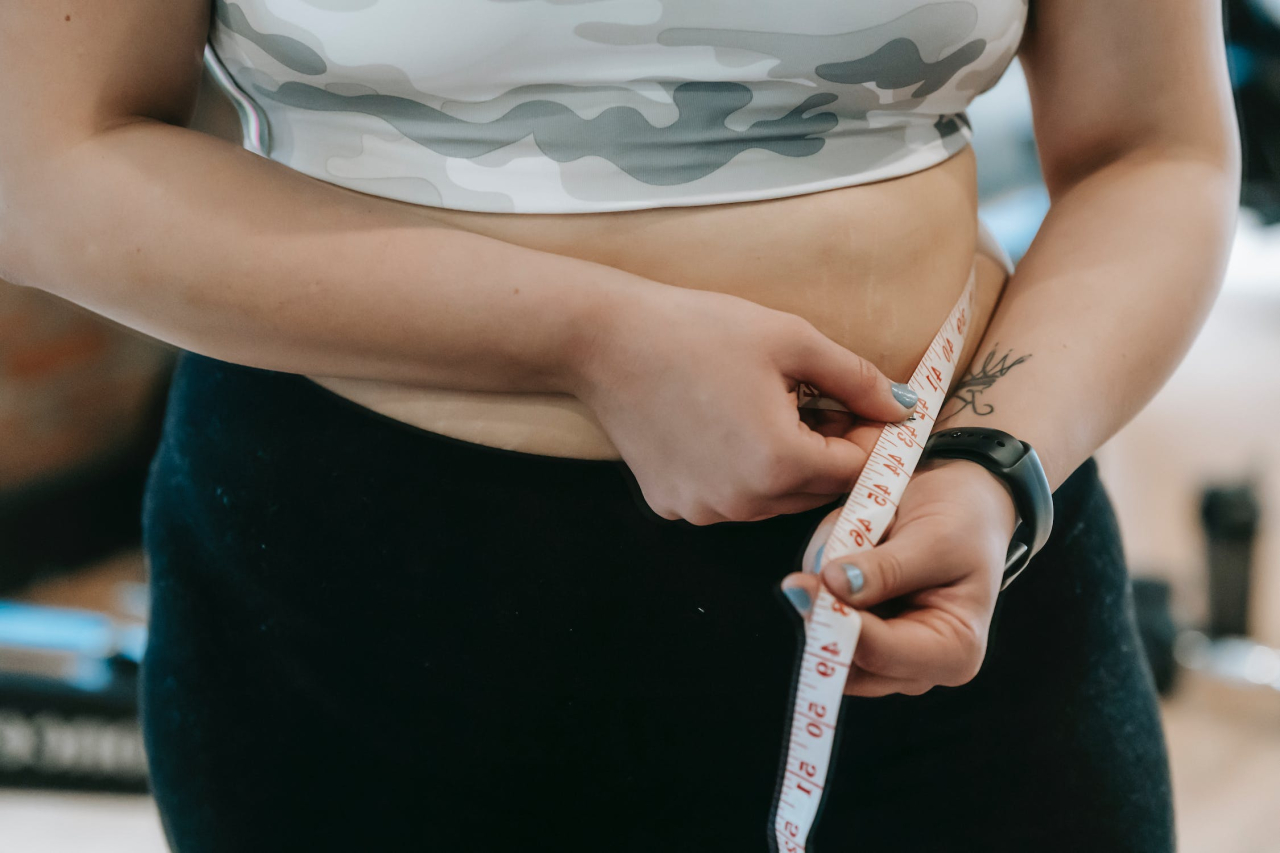Did you know we have a support group?
Your questions and concerns have most likely been asked and answered in our support group. Moderated by our dietitian's, nurses, and staff. We provide you with reliable patient education and resources to help you throughout this life-changing process.
How to Reverse Prediabetes
Prediabetes is a serious condition that affects millions of people worldwide, and it is often a precursor to the development of type-2 diabetes. However, the good news is that a prediabetes diagnosis can be reversed with the right lifestyle changes and interventions.
The World Health Organization has indicated that there has been a consistent rise in diabetes and prediabetes around the world over the last few decades. Diabetes Canada states that there were more than 11.7 million Canadians living with diabetes or prediabetes in 2022. By 2032, that figure is expected to climb to nearly 14 million Canadians.
By making simple adjustments to your diet and exercise routine, and adopting healthy habits, you can lower your blood sugar levels, improve insulin sensitivity, and reduce your risk of developing diabetes. In this blog post, we'll share some valuable insights and practical tips on how to reverse prediabetes naturally.

What Does Prediabetes Mean?
Prediabetes is diagnosedwhen the fasting blood glucose levels are between 100-125 mg/dL. People that don’t have diabetes have normal blood sugar levels. At fasting, their blood glucose levels are below 99 mg/dL. An individual with type 1 or type-2 diabetes may have fasting blood sugar levels greater than125 mg/dL.
Left untreated, prediabetes can turn into fully-fledged type-2 diabetes, a chronic health condition in which your body is unable to effectively absorb glucose for metabolism, resulting in constant and critical high blood sugar. However, it is important to note that a diagnosis of prediabetes doesn't immediately indicate that one will get type-2 diabetes.
Insulin Resistance
The pancreas produces the hormone insulin and its main role is to regulate the absorption of glucose into the cells where it eventually is used to make energy. Insulin resistance is when body cells don’t respond properly to this hormone, causing blood sugar to spike and leads to a diabetes diagnosis. Factors that are known to worsen insulin resistance are obesity, an inactive lifestyle and a diet high in carbohydrates.
Potential Health Complications
Several health complications may occur if diabetes is left untreated, like a stroke, heart attack, kidney disease and blindness. Factors that increase the chances of prediabetes include genetics, family history, certain ethnicities, lack of physical activity, excess weight and poor diet. However, reversing prediabetes is possible with lifestyle changes. Treatment of diabetes involves diet and physical activity along with lowering of blood glucose and the levels of other known risk factors that damage blood vessels.
Tips on How to Reverse Prediabetes

Lifestyle changes can be effective in reversing prediabetes and by doing so, help prevent or delay the onset of type-2 diabetes. These changes require a dedicated change in physical activity and also dietary patterns. In modern medicine there is also bariatric surgery for diabetes that can help with weight loss and reduce the risk developing type-2 diabetes.
Let’s take a closer look at what positive lifestyle changes are recommended to assist with reversing prediabetes.
Achieving Healthy Body Weight

Losing weight helps with preventing heart disease and reducing blood sugar spikes that can lead to developing diabetes. Maintaining a healthy weight helps to improve insulin sensitivity and reversing prediabetes. Obesity increases the chance of getting diabetes.
Body Mass Index (BMI) is a measure that calculates the relationship between a person's weight and height. It is a widely used tool to determine if someone is at a healthy weight, underweight, overweight, or obese. BMI is calculated by dividing a person's weight in kilograms by the square of their height in meters. Research has shown that individuals with a BMI in the overweight or obese range are at a higher risk of developing prediabetes.
BMI Classifications
Below 18.5: Underweight
18.5 to 24.9: Healthy weight
25 to 29.9: Overweight
30 or above: Obese
Healthy Diet

One of the most effective ways to reverse prediabetes is through a commitment to dietary changes.
A balanced diet is the best course of action to help with glucose metabolism. Learning more about the Glycemic Index (GI) is important to prediabetics in order to focus on eating lower glycemic index foods that help with blood sugar control and weight management. Foods with a high GI increase blood glucose levels include sodas, sugary foods, potatoes, white bread and white rice. There are a wide variety of low GI foods such as fruits, vegetables, lentils, whole grain breads, eggs and salmon are a few.
Eating a healthy diet, centered around reducing or avoiding sugar and saturated fat, facilitates losing excess weight. Adding more fruits and vegetables to meals is a good start to making positive lifestyle changes. Dieticians recommend adding more whole grains and healthy fats and reducing or eliminating saturated fats, white sugar and white flour to improve blood sugar levels. It is recommended to avoid excessive alcohol intake.
Physical Activity

Along with a healthy diet, regular exercise, even 30 minutes daily of moderate physical workouts can help with reversing prediabetes. Being active and light physical activity make the body more sensitive to insulin and allows one to process insulin properly. Yoga, resistance training, running, brisk walking, biking and dancing are all fun physical activities that can be incorporated into a daily routine to lose weight.
Need Help Making Lifestyle Changes?
A diagnosis at the prediabetes stage can feel scary but consider it an early warning sign to change things before they advance. Remember that making sustainable changes to your lifestyle takes time and effort, but the benefits are well worth it. By taking control of your health today, you can reverse prediabetes and reduce your risk of developing type-2 diabetes and other related health conditions in the future.
Clinique Michel Gagner offers a variety of weight loss surgeries that can help bring about dramatic weight loss. If you or a loved one has struggled with their weight and has concerns about potential health complications, contact us to request an appointment and discuss your options.

